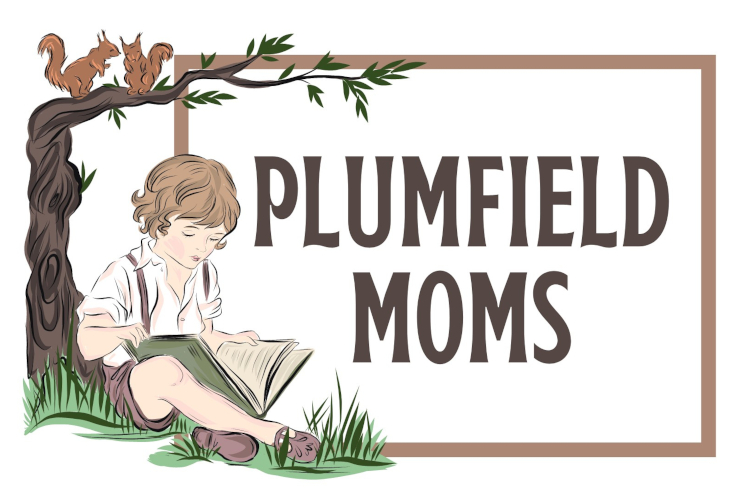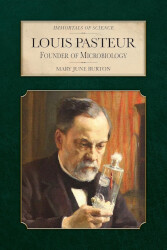Louis Pasteur: Founder of Microbiology

Author:
Mary June Burton
Publication:
1963 by Franklin Watts, Inc
Genre:
Biography, Non-fiction
Series:
Immortals of Science ![]() Members Only (World History)
Members Only (World History)
Current state:
This book has been evaluated and information added. It has been read but content considerations may not be complete.
Book Guide
Search for this book used on:
Louis Pasteur, founder of microbiology, had an early interest in spontaneous generation. His years of patient and exhaustive research on the germ theory of disease earned for this tireless French chemist a place as one of the true IMMORTALS OF SCIENCE.
Perhaps Pasteur is best known for showing how harmful bacteria could be killed by holding them at a definite temperature for a certain length of time. Later this process acquired its discoverer's name — pasteurization.
While Robert Koch, the German bacteriologist, was the first to perfect the pure techniques of studying and cultivating bacteria, Pasteur is regarded as the greatest applied bacteriologist. Through his work he did much to generalize Edward Jenner's process of vaccine innoculation to preventive medicine by discovering many anti-toxins for diseases such as hydrophobia and silkworm diseases. He was also instrumental in opening a breach in the fight against cholera, yellow fever, and diphtheria.
From the book
Content Guide
Please sign in to access all of the topics associated with this book and view other books with the same topics.
Please sign in to access the locations this book takes place in and view other books in the same location.
Please sign in to access the time periods this book takes place in and view other books in the same time period.
For information about the lead characters please sign in.
Reviews

The Immortals of Science Series
Reviewed by Sara Masarik
These books are of varying lengths based on how much is known about the lives of the subject. Whatever the length, I sped through each one as though it were a suspense novel. How will this one manage to carry on his work in the midst of civil war? How can that one earn the respect of the scientific community so his work can be published for the world? What will be the exciting sequence of events that will lead to the ultimate breakthrough? Will he live long enough to find the answer he has searched for all his life?
The science in these books is written in language any curious reader will be able to understand. The authors don’t condescend, but the writing is not above a confident reader, perhaps ten and above. They would also be interesting enough for reading aloud so they can be shared with the entire family, whatever their ages.
Find This Book
Search for this book used on:



